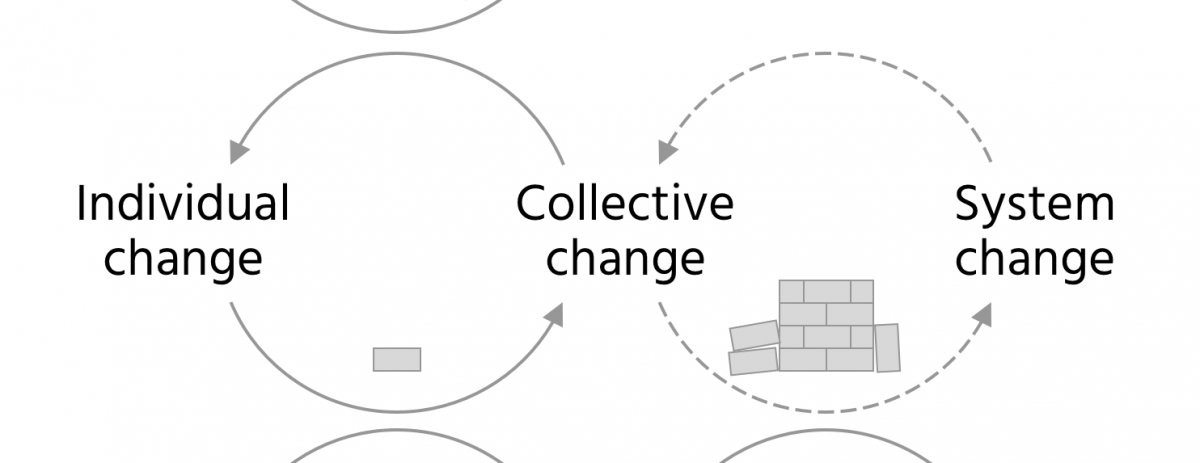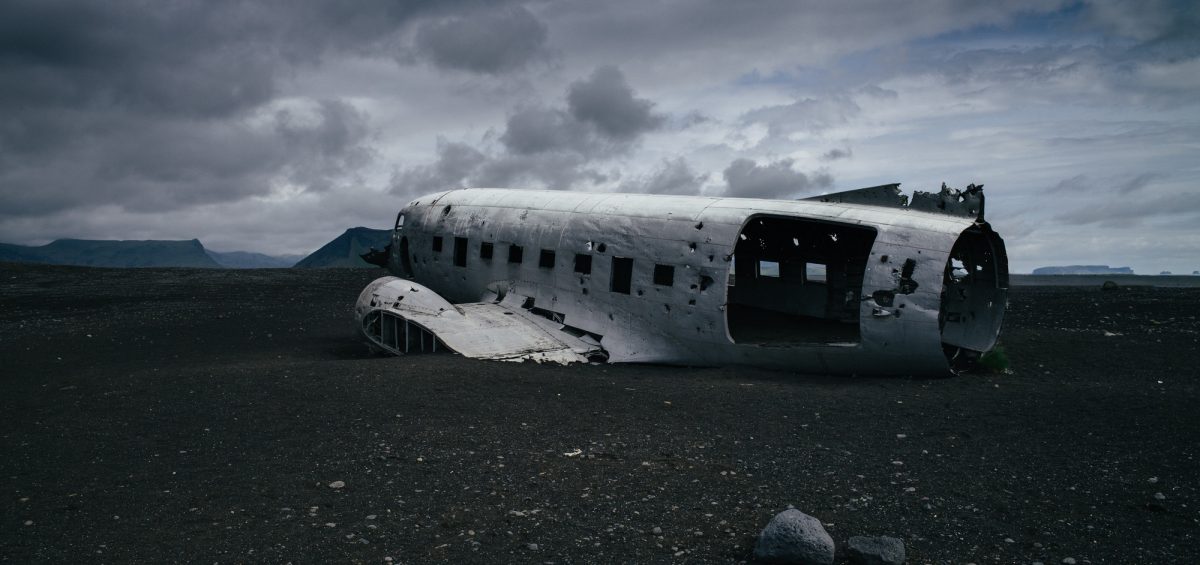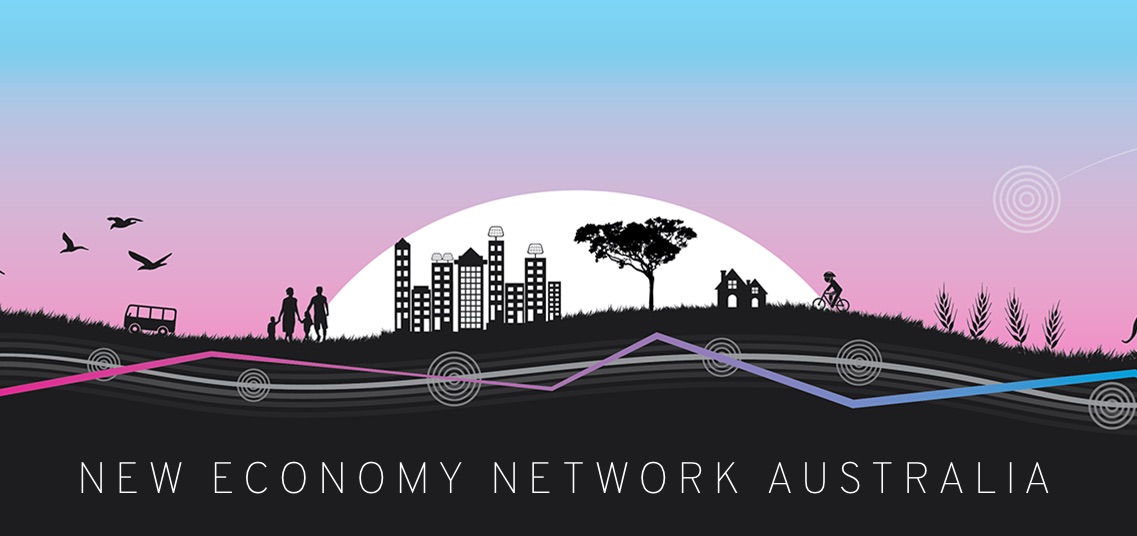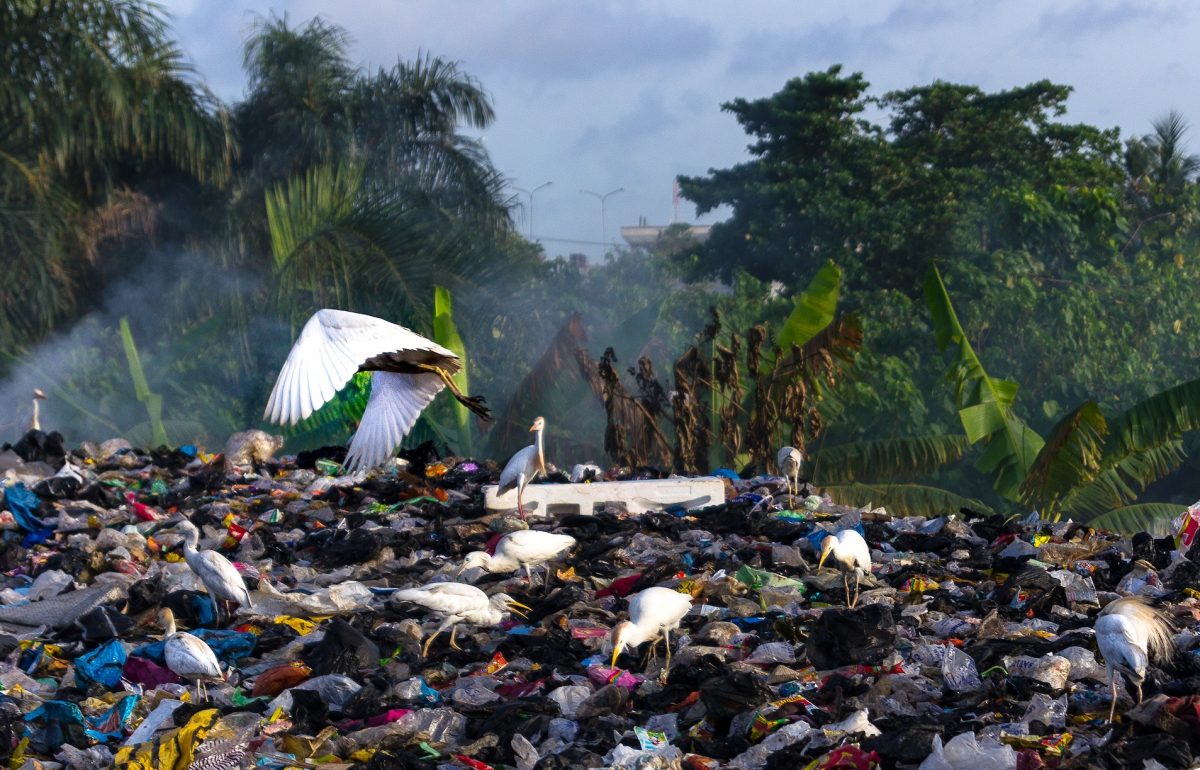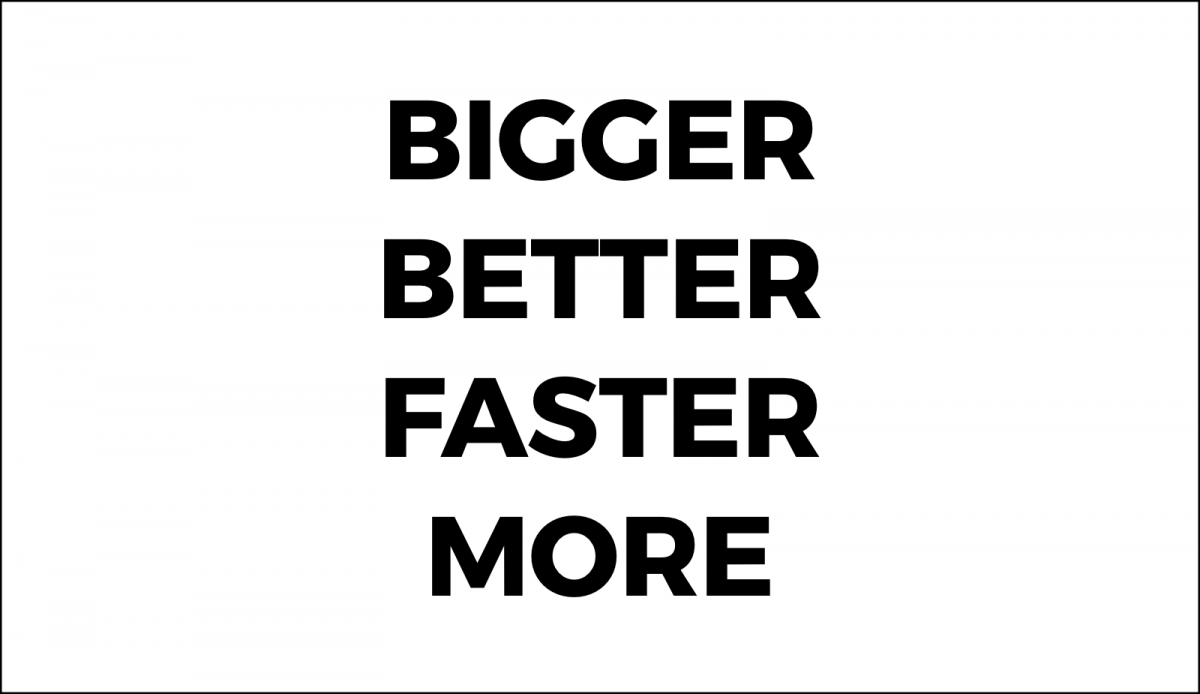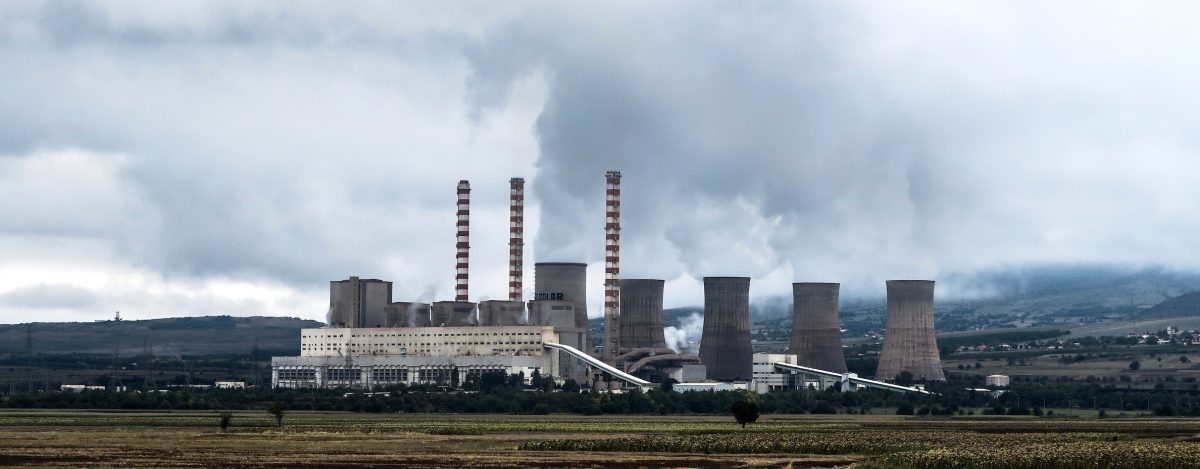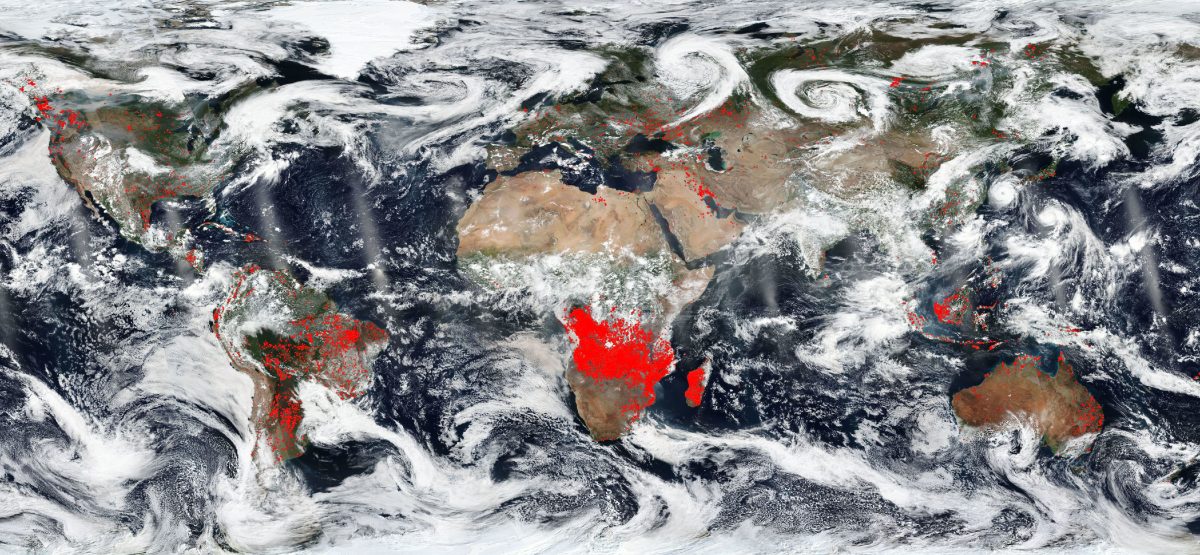I have been thinking about change.
Specifically, I have been thinking about the difference between individual change and system change. These terms are prevalent in the climate change discourse, and often presented as a black-and-white, mutually exclusive choice. This is a false dichotomy.
Continue reading “Individual change or system change is not the right question”
